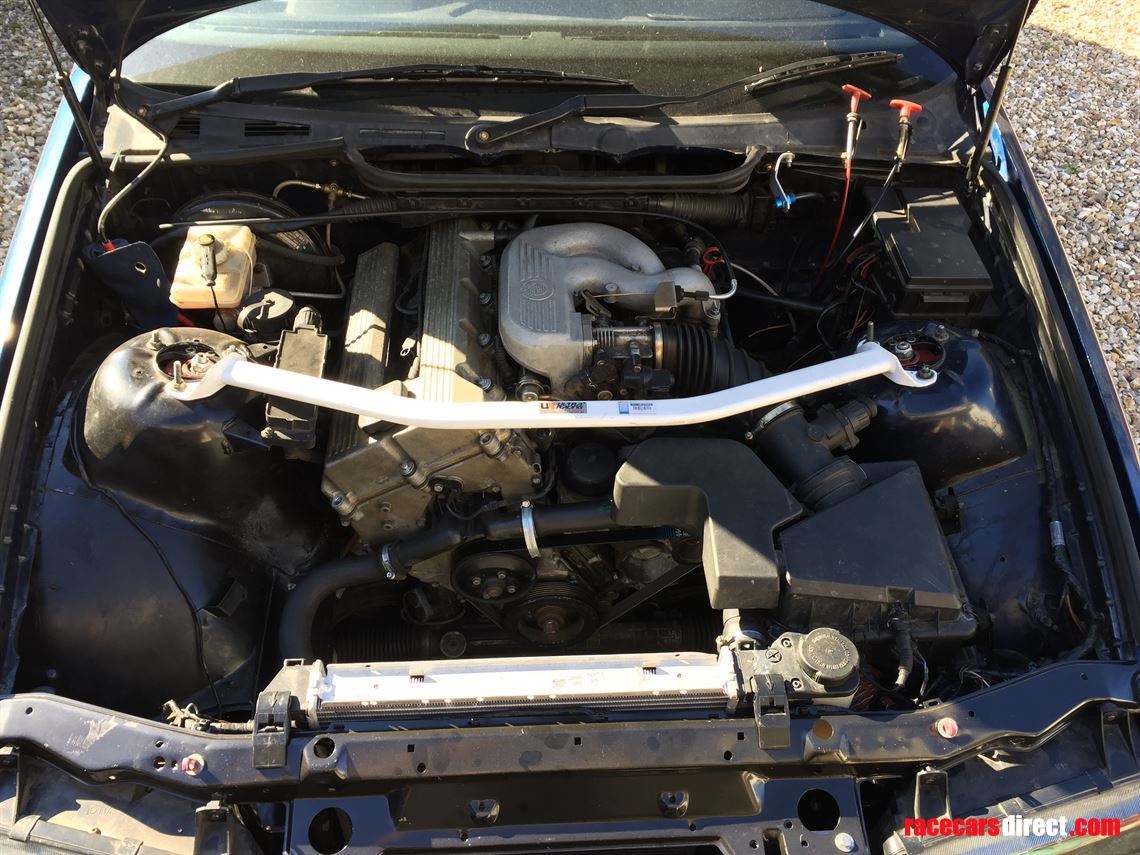Exactly how to Keep Your BMW 318ti Running Smoothly for Years
Exactly how to Keep Your BMW 318ti Running Smoothly for Years
Blog Article
Essential Factors To Consider for Selecting the most effective Engine for Your Requirements
In the realm of choosing the ideal engine to meet your requirements, a number of critical factors demand precise factor to consider to make sure optimum performance and efficiency. From the nuanced balance between power and performance to the often-overlooked aspects of maintenance and service needs, each element plays a crucial duty in identifying the most appropriate engine for your certain requirements.
Power and Efficiency
When examining engines for optimum performance, it is important to prioritize both power outcome and effectiveness. Power outcome determines the ability of an engine to generate energy, which straight influences its efficiency. A high power result is essential for requiring jobs such as high-speed demands or durable applications. It guarantees that the engine can handle the workload effectively and efficiently. Nonetheless, power alone is not enough; effectiveness plays a considerable role in determining the total efficiency of an engine. Efficiency describes just how well the engine converts gas right into usable power. An extra efficient engine will supply much better gas mileage, lower emissions, and lowered operating expense. Striking the best equilibrium between power outcome and efficiency is crucial to selecting an engine that satisfies your details requirements. It is important to consider variables such as the intended use the engine, environmental influence, and long-lasting cost implications when making this choice. By carefully reviewing both power and efficiency, you can pick an engine that delivers ideal efficiency and meets your demands properly.
Gas Performance and Economy
In the realm of engine option, the consideration of fuel efficiency and economic climate holds vital value. Gas performance refers to the engine's ability to convert fuel into energy with minimal waste, directly impacting operating costs and environmental sustainability. bmw 318ti. When choosing an engine, assessing its fuel economy is important to figure out lasting financial savings and environmental effect. Engines with greater fuel efficiency not just reduce fuel costs however also decrease carbon exhausts, adding to a greener procedure.

Compatibility and Application
Thinking about the gas efficiency and economic climate of an engine, the following essential facet to address is its compatibility and application within specific operational contexts. Compatibility refers to exactly how well the engine use this link integrates with the general system or tools it powers.
Different engines are developed for certain functions, whether it be industrial equipment, aquatic vessels, autos, or power generators. Recognizing the desired application allows for the selection of an engine that can deliver the needed power result, torque, and functional attributes.
Maintenance and Service Requirements
Upkeep and solution requirements play a critical role in making certain the long life and optimum performance of an engine. Routine upkeep is necessary to stop failures, expand the lifespan of the engine, and maintain its efficiency. When selecting an engine, it is necessary to take into consideration the manufacturer's suggested maintenance routine and the accessibility of service facilities or certified specialists.
Elements such as the frequency of oil modifications, filter substitutes, and general evaluations can dramatically influence the engine's efficiency. Some engines might call for even more regular maintenance based on their style and use, while others might have longer intervals between maintenance checks. It is vital to follow these service needs to avoid costly repairs and unexpected downtime.

Cost and Spending Plan Factors To Consider
When selecting an engine for a particular application,Spending plan constraints see this site often play a significant function in the decision-making process. When considering the cost and spending plan implications of picking an engine, it is important to assess not only the first purchase rate however also the long-lasting expenditures connected with upkeep, fuel usage, and possible upgrades or repair work. It is vital to strike an equilibrium between the in advance price of the engine and its total lifecycle costs to make sure that the chosen engine remains economically lasting throughout its operational life expectancy.
Aspects such as gas effectiveness, reliability, and longevity can straight affect the overall cost of ownership of an engine. While a more pricey engine might have higher in advance expenses, it can possibly result in reduced maintenance and gas expenses over time, hence supplying better worth in the long run.
Verdict

Gas efficiency refers to the engine's capacity to convert fuel right into power with minimal waste, directly influencing operating prices and environmental sustainability.Variables influencing you can check here fuel effectiveness include engine design, combustion effectiveness, and general efficiency optimization. In addition, selecting the suitable gas type and quality as suggested by the engine supplier can additionally improve effectiveness and lengthen engine life-span.
Engines with good serviceability functions and easily offered components can reduce maintenance prices and decrease the time the engine is out of procedure - bmw 318ti. It is important to strike an equilibrium in between the ahead of time price of the engine and its total lifecycle expenses to make sure that the chosen engine continues to be monetarily sustainable throughout its operational life-span
Report this page